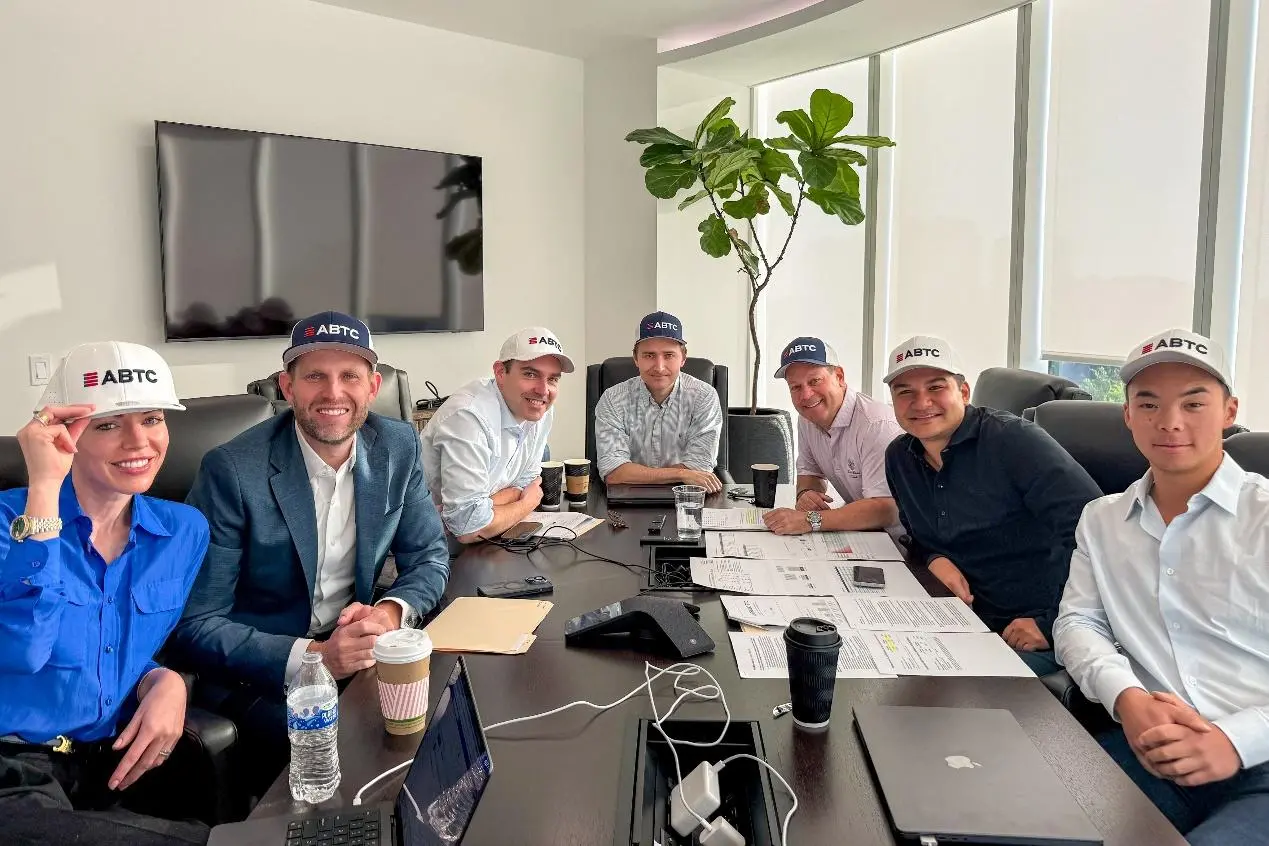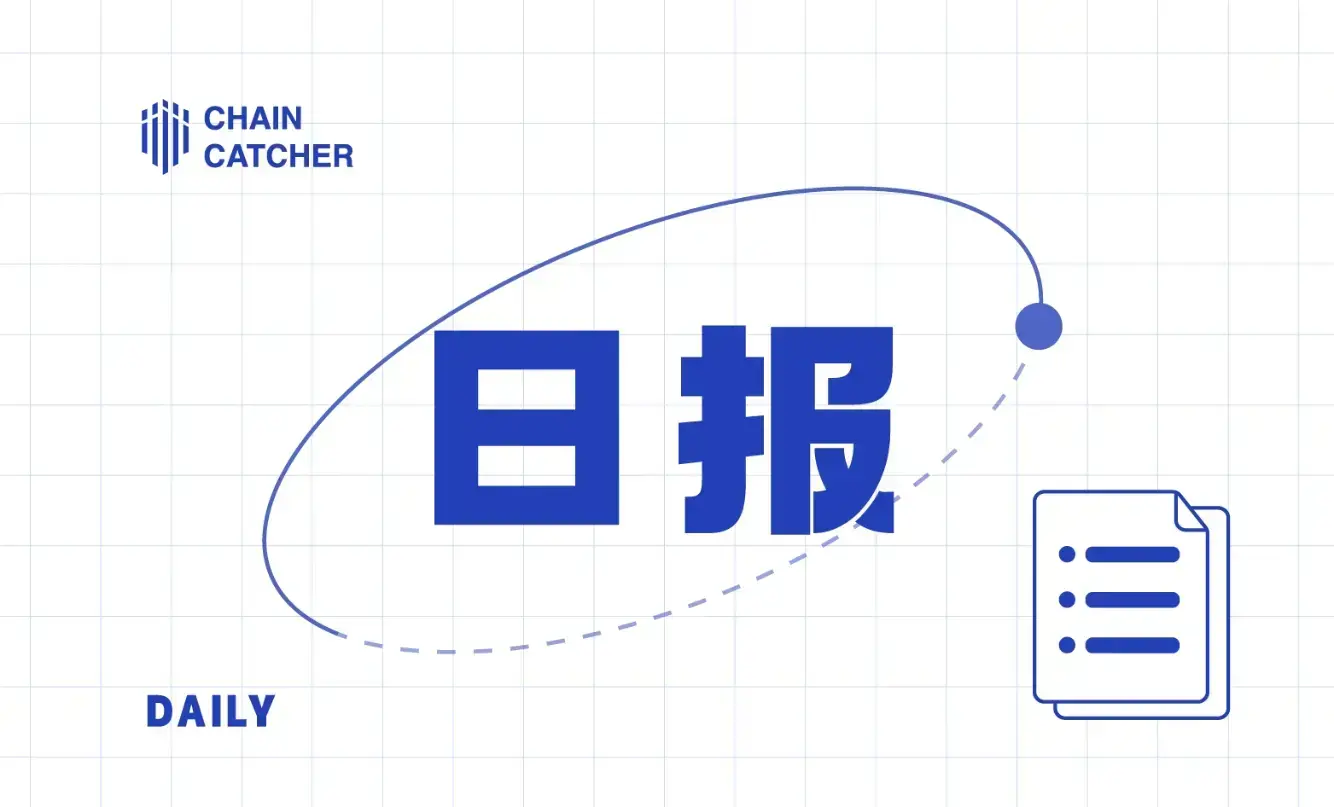Cryptocurrency mining companies are transforming and upgrading, with Core Scientific and Hut 8 laying out AI infrastructure. JPMorgan predicts a wave of mergers and acquisitions
Author: Weilin, PANews
This month, CoreWeave, a cloud computing provider backed by Nvidia, signed two contracts with cryptocurrency mining company Core Scientific, which will deliver a total of 270 megawatts of infrastructure to support high-performance computing operations. Meanwhile, the cryptocurrency mining company announced that Hut 8 received a $150 million investment from Coatue Management to build AI-related infrastructure.
The collaboration between cryptocurrency mining companies and AI firms has become a new trend. After experiencing a decline in revenue due to the Bitcoin halving, some companies with ample computing power and electricity are positioning themselves to acquire more revenue through AI facilities.
At the same time, JPMorgan stated that after Core Scientific partnered with CoreWeave, the news attracted widespread attention from investors, who recognized the positive outlook for the mining industry. The institution indicated that this trend could also trigger more mergers and acquisitions.
AI Companies Target Cryptocurrency Miners, Frequent Acquisitions and Collaborations
At the beginning of June, CoreWeave signed a 12-year contract with Bitcoin miner Core Scientific. This contract is expected to generate approximately $290 million in average annual revenue for Core Scientific, with total revenue exceeding $3.5 billion over the 12-year period. Core Scientific plans to provide 200 megawatts of infrastructure.
On June 26, the two parties signed a new supplementary contract, under which Core Scientific will deliver approximately 70 megawatts of additional infrastructure to support high-performance computing operations. The new contract is expected to provide Core Scientific with an additional $1.225 billion in revenue under the previous agreement. Site renovations are expected to begin in the second half of 2024 and be operational by the second half of 2025.
On June 3, CoreWeave proposed to acquire Core Scientific for over $1 billion. Core Scientific rejected this acquisition, stating that the offer undervalued the company. CoreWeave, supported by Nvidia, primarily rents out GPUs needed for training and running AI models. CoreWeave was valued at $19 billion in a funding round in May this year.
Regarding the collaboration between mining companies and AI firms, Core Scientific CEO Adam Sullivan stated in a statement: "Many data centers built over the past 20 years are not suitable for future computing needs. Core Scientific can design for the future and build application-specific data centers (ASDC)."
He also mentioned that the company will continue to focus on its core business: "We intend to continue transforming and expanding our hosting business and profitability… At the same time, the company will continue to enhance its cryptocurrency mining capabilities."
On June 25, cryptocurrency mining company Hut 8 announced it received a $150 million investment from Coatue Management to build AI-related infrastructure. This funding is provided through convertible bonds with an annual interest rate of 8%. The investment news drove Hut 8's stock price up nearly 4%.
Core Scientific and Hut 8 are not the only companies seeking to increase revenue through artificial intelligence. On June 25, Canadian miner Hive Digital Technologies announced its fiscal fourth-quarter results for the period ending March 31. The report showed that the company's annual revenue grew by 8% year-on-year, totaling $114.5 million.
"Hive continues to work on expanding its facilities to provide high-performance computing (HPC) services to companies in gaming, artificial intelligence, and graphics rendering," said Hive, adding that the company "has firmly integrated into the prosperity of global data center infrastructure." Currently, Hive has infrastructure in Canada, Iceland, and Sweden.
In addition to these companies, Bitcoin miner Bit Digital currently derives about 27% of its revenue from artificial intelligence and has joined the new wave of collaboration with AI companies. On June 24, the company announced it had reached an agreement with a client to supply 2,048 Nvidia GPUs over three years, doubling the number of processors it provides to that client. To fulfill the contract, Bit Digital ordered 256 servers from Dell Technologies and will soon deploy these servers in a data center in Iceland.
Bit Digital stated that the contract is expected to generate $92 million in annual revenue. To pay for these GPUs, part of the costs will be raised by selling some cryptocurrencies.

Miners Expand Revenue, Possessing Advantages in Computing Power and Electricity
One reason for mining companies to turn to collaboration with AI firms is the significant decline in cryptocurrency miners' revenue after the Bitcoin halving in April. According to data from The Block, Bitcoin miners' revenue fell by 46.15% month-on-month in May. In April, miners generated $1.79 billion in revenue, while the figure for May was approximately $964.24 million. Currently, mining companies are seeking to expand their revenue sources.
On the other hand, cryptocurrency mining companies have a significant advantage in computing power and electricity, as they typically already possess the computing capabilities desired by AI and high-performance computing (HPC) companies, along with multiple mining sites in the U.S. and contracts with electricity suppliers.
Public data shows that in the U.S., the annual power generation is approximately 1,300 gigawatts, with an additional 500 gigawatts of new generation capacity under development. According to the U.S. Federal Energy Management Commission, by 2024, U.S. data centers are expected to consume 21 gigawatts of electricity, rising to 35 gigawatts by 2030, which will account for 9% of the total power generation in the U.S.
In the current context of tight electricity supply for AI, the electricity resources held by Bitcoin miners are particularly valuable. JPMorgan estimates that publicly listed Bitcoin mining companies in the U.S. alone possess over 5 gigawatts of electricity and have secured an additional 2.5 gigawatts through power purchase agreements related to undeveloped land. In comparison, Cambridge estimates that the entire Bitcoin network globally requires about 17 gigawatts of electricity.
In terms of collaboration models, Bitcoin mining companies primarily offer two hosting models: one where miners rent their data centers to hyperscale companies, which need to purchase and provide the required GPUs for executing high-performance computing (HPC) or AI-related computing tasks. In the second model, miners need to finance the purchase of GPUs themselves and are responsible for the operation and maintenance of these GPUs. They then sell computing power to AI clients that require these GPUs for processing.
JPMorgan: Diversifying Towards HPC Projects, Miners Will Enter an Era of Mergers and Acquisitions
In a research report on June 24, JPMorgan pointed out that the Bitcoin mining industry has attracted widespread attention from investors following the partnership between Core Scientific and AI company CoreWeave. After the announcement, the total market capitalization of the 14 mining companies tracked by the bank increased by 22%, or $4 billion, while Bitcoin prices fell by 7%, and the S&P 500 index rose slightly by 3%. This collaboration not only triggered a reevaluation of the industry but also demonstrated investors' recognition of the positive outlook for the mining industry.
Analysts Reginald Smith and Charles Pearce believe that this collaboration highlights the potential of "mining facilities for alternative (and possibly more value-added) uses, as well as the scarcity and value of electricity access." The transaction involving Core Scientific is seen as a strong validation and accelerator of the industry's diversification towards HPC projects.
JPMorgan also stated that the demand for electricity from large data centers and AI companies could open a new era of mergers and acquisitions for Bitcoin mining companies.
When evaluating the performance of various companies, JPMorgan noted that the overweight-rated Iris Energy (IREN), with its surplus electricity capacity and early adoption of HPC trends, is most likely to seize this opportunity. The company has been operating GPUs in its facilities and has a good track record in data center construction and electricity procurement.
In contrast, the neutral-rated Cipher Mining (IFR), while having attractive electricity costs and a strong operational history, has a smaller electricity pipeline. Similarly, the overweight-rated Riot Platforms (RIO) "remains fully committed to Bitcoin mining" and shows little interest in HPC.
Additionally, the report pointed out that the underweight-rated Marathon Digital (MARA) and the neutral-rated CleanSpark (CLSK) are "the most expensive in terms of corporate electricity costs," indicating that they still need to improve their cost control.
Currently, the collaboration between AI companies and mining firms has shifted from previous market hype to further concrete actions, and PANews will closely monitor the upcoming developments.












